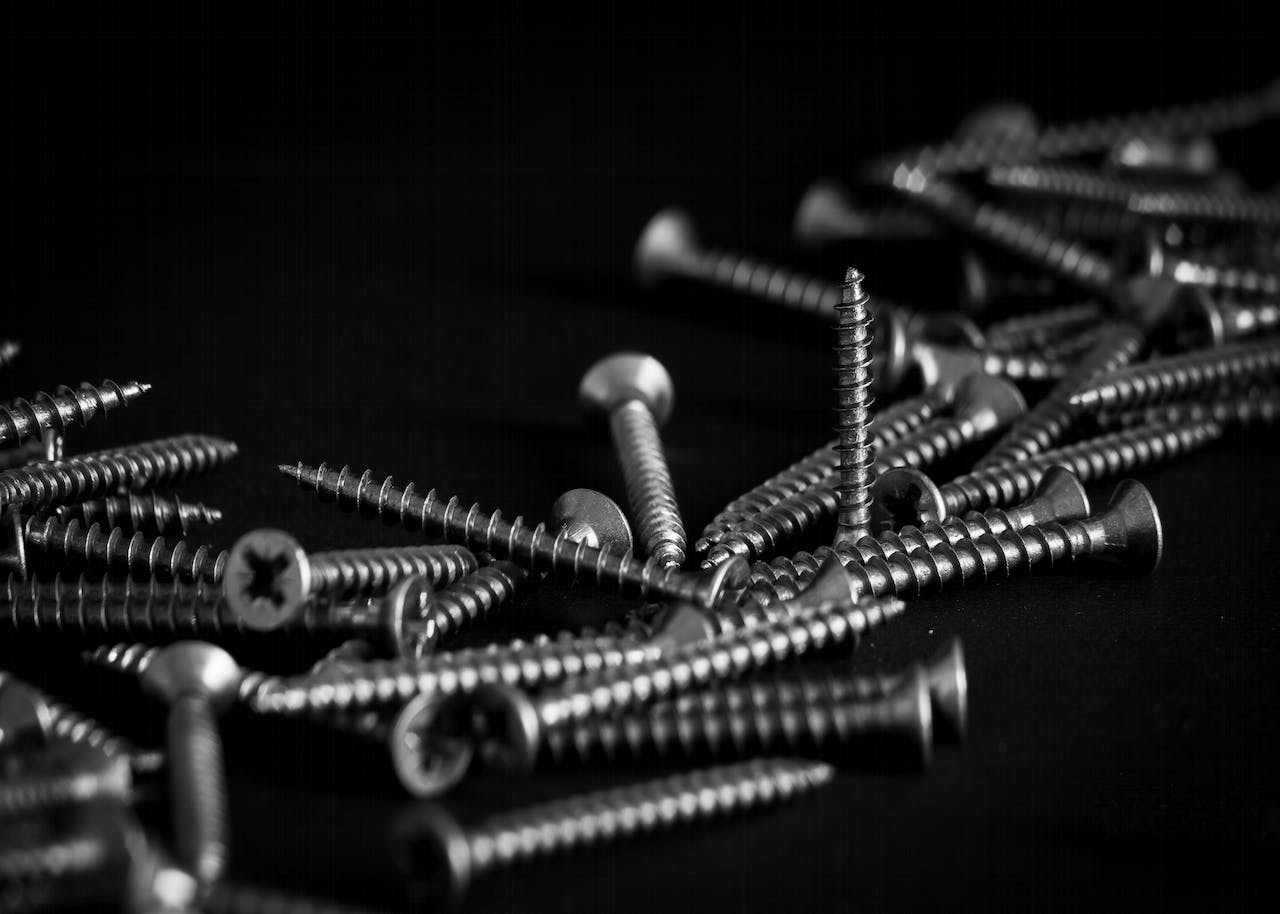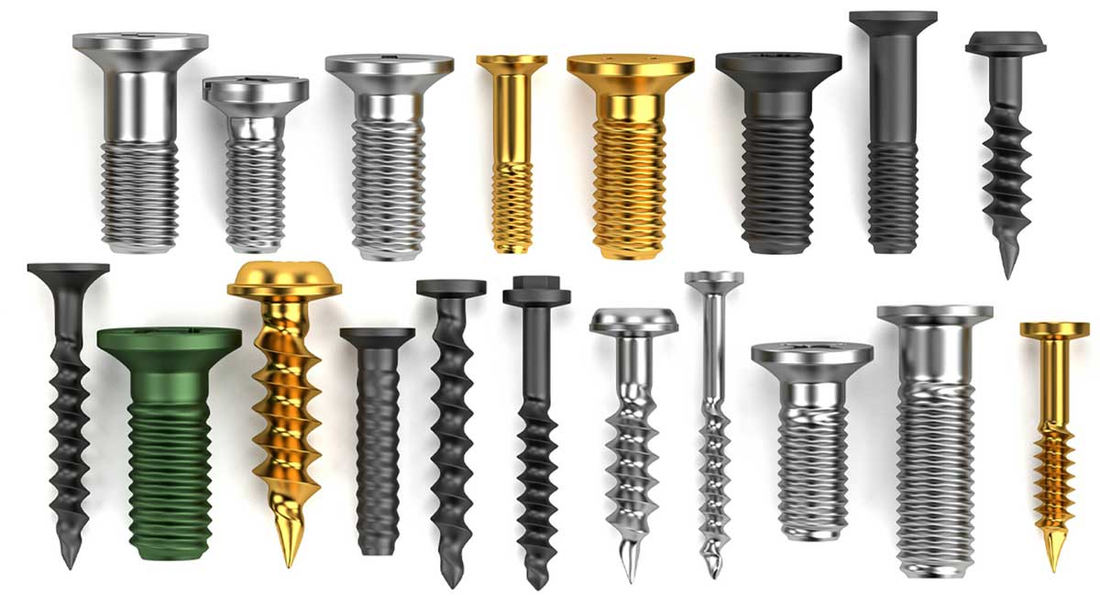Metal roofing screws, essential for installing metal roof panels, come in various types tailored to the panel being used.These screws feature distinct characteristics like different drill points, corrosion-resistant coatings, and varied shank diameters and thread patterns. Options include EPDM rubber washers, either bonded or non-bonded, offering additional variability.

Enhancing Durability: Preventing Corrosion in Metal Roofs Selecting the appropriate fastener is crucial for optimal performance and preventing corrosion, which could damage the metal panels. Environmental factors and location significantly influence the choice of screws, with specialty corrosion-resistant types often required in certain areas.
Cap Screws for Enhanced Protection Specialized cap screws, combine a carbon steel shank with a zinc aluminum alloy or stainless steel cap, offering significant corrosion resistance. These screws penetrate metal panels effortlessly without pre-drilling and match the corrosion resistance of 300 series stainless steel screws.
Stainless Steel Screws for Maximum Resistance In highly corrosive environments, such as coastal areas with high salt content, 300 series stainless steel screws are preferred. However, their inability to penetrate metal panels directly necessitates pre-drilling.
The Role of EPDM Washers in Weather Resistance Exposed fastener metal panel screws often include a rubber washer, typically made of neoprene or EPDM, with the latter being superior in weather resistance and UV exposure durability. These washers may be bonded to an aluminum or galvanized washer or used in a non-bonded form, especially in cap screws. The design of cap screws, often chosen for aesthetic reasons in visible applications, allows the washer to be fully covered, providing additional protection.
Choosing the Right Fastener: Bonded Washer vs. Cap Screw The decision between a bonded washer and a cap screw depends on the application and exposure to harsh elements. In high UV exposure areas, screws that completely cover the washer are advisable despite their higher cost, as they prevent the costly replacement due to washer degradation.
Replacement Screws: Beyond Nail Replacement Originally for replacing failing nails in metal roofing, replacement screws now serve broader purposes, including installing metal panels and attaching accessories. These screws, come with a bonded washer, offering enhanced coverage and corrosion protection.
Hi-Lo Thread Screws for Effective Metal-Wood Installation Hi-Lo thread screws, ideal for metal-to-wood installations, feature a design that cuts deeper into the substrate while minimizing material displacement. This results in reduced driving torque, improved pull-out strength, and decreased cracking risk.
Drill Points for Various Applications Metal roofing screws are available with different drill points, catering to both metal-to-wood and metal-to-metal construction needs.Type-17 points are prevalent for metal-to-wood applications, drilling into hard woods effectively. Reduced point screws offer quicker start times and less steel shaving entrapment under the washer. Sharp Point, or "type A point," screws, like those made of stainless steel, require predrilling. For metal-to-metal fastening, self-drilling #3 & #5 screws eliminate the need for pre-drilling, with each type suited to specific metal thicknesses.



